Intentional griefing in Teamfight Tactics has been around since the auto battler was first created by Riot Games and has evolved into a competitive strategy over the years, yet it remains a hot topic among fans and players.
The game of TFT is full of strategies, from Open-Forting to the strongest board. It’s also full of RNG, in that nothing is a guarantee no matter how well you navigate the odds. Competitive TFT threads a fine line with RNG, much like Magic: The Gathering and Pokémon. Only the best players can overcome RNG consistently, which is why every strategy matters in the biggest events with money and invitations to other tournaments on the line.
Griefing, of all things, is one of those strategies and I believe it’s good for TFT. Here’s why.
Griefing is a valid and legal TFT strategy
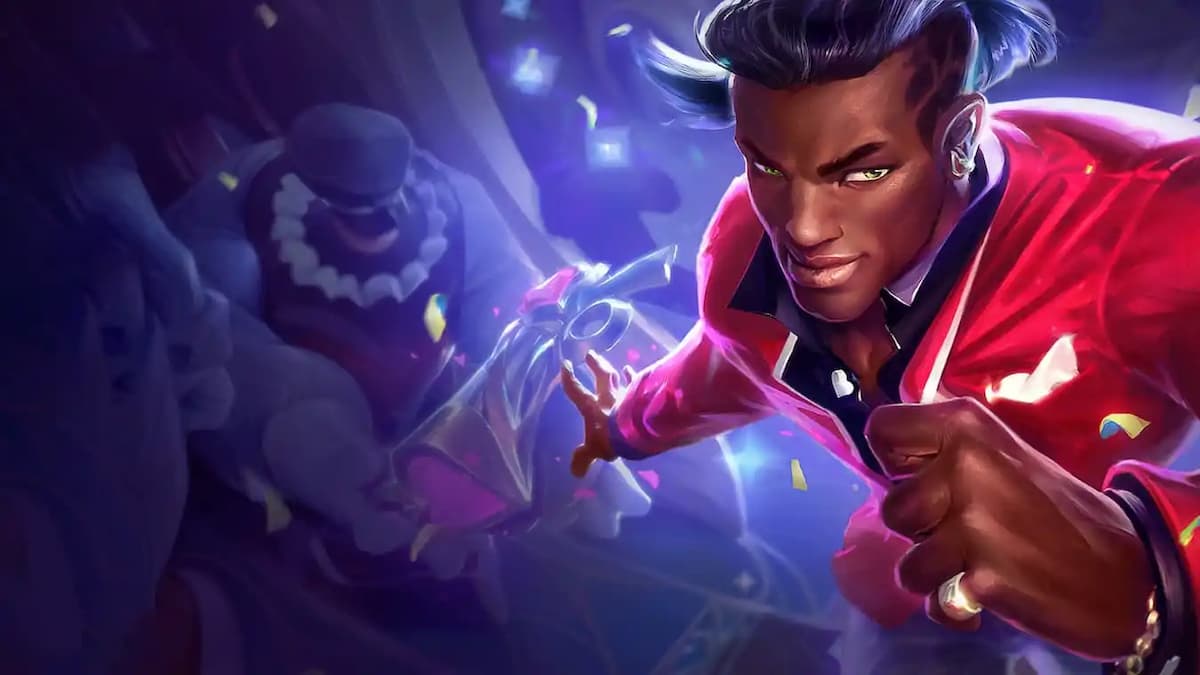
To start, griefing is 100 percent legal according to Riot Games’ TFT rules. Transitioning to a comp midgame that is already contested, or holding champions you aren’t planning to play are all legal strategies. Illegal or unfair gameplay, according to the Riot rules, ranges from collusion and exploiting bugs to hacking and competitive integrity. No form of griefing is listed under competitive integrity. The section only asks that competitors play their best through fair play and good sportsmanship, which includes griefing.
Rules can change and specific circumstances can lead to consequences. Section 6.1.1.8 lets Riot decide whether an unlisted act falls under these rules. At the time of writing, this hasn’t been imposed on any TFT competitor who griefed. It’s unlikely Riot will take griefing away as a strategy from a design perspective, especially if it helps drive fan engagement.
Griefing creates drama and rivalries in TFT, much like other sports
Watching several players in a top-eight lobby try to prevent one or two players from winning that lobby during a Checkmate format is one of many highlights that draw fans to watch competitive TFT. It’s a narrow line between collusion and legal griefing but it works and it’s always exciting. Less exciting, but still legal, is a player with no hope of making a top cut or earning a slice of the prize pool griefing another player who has a chance.
Both situations create storylines, drama, and rivalries within TFT. And I think it’s a good thing.
Much like in sports, storylines and rivalries drive engagement. Switching pitchers for a lefty or a righty when a baseball game is on the line happens all the time. Knowing a competitor’s strategy and griefing them for it during gameplay is the same as switching pitchers. There’s no guarantee griefing in TFT will work, just like switching pitchers doesn’t guarantee a run won’t get scored. It does drive engagement though to an esport many didn’t believe in during the early days due to RNG and competitive integrity.
Griefing took center stage at the NA Heartsteel Cup when Sphinx targeted an opponent after getting griefed himself. Sphinx, who wasn’t in a position to advance, turned around and griefed the player who griefed him, managing a top-four finish. His opponent, who could have qualified for the second weekend with a top four, instead placed bottom four in the lobby.
The situation added drama, which many in the community are enjoying, but it also brought to life the power of the TFT strategy and whether unsportsmanlike conduct is the same as griefing.
In the end, all griefing in TFT is intentional
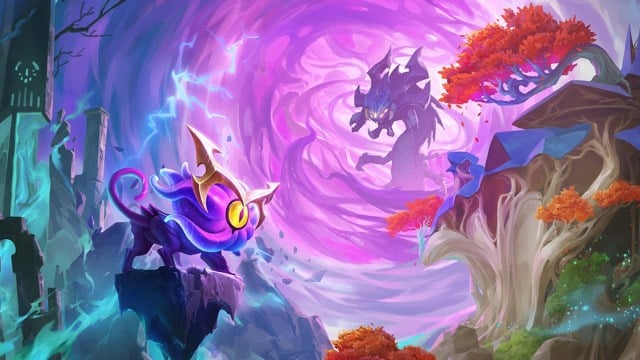
Whether griefing takes place during the final match of a TFT tournament or on day one, it’s all intentional. The only discernable difference between the two is the intent. As long as there’s no proof of collusion or unsportsmanlike behavior, then a player hasn’t broken any rules. Whether griefing stays or goes, you can’t police it based on intention because it’s a legal and viable strategy.
In the case of Sphinx, who ultimately apologized for his actions, I don’t think he was in the wrong to grief the opponent who griefed him. It shouldn’t matter that one player was able to advance and one wasn’t, since the goal of a TFT competitive round is to top lobbies. If any unsportsmanlike conduct took place, like verbal or text abuse during the tournament, then that’s a different issue. Fans can expect even more griefing during the Remix Rumble World Championship taking place from March 1 to 3, as the best TFT players from around the globe seek a Worlds title.
As a journalist who has covered competitive TFT esports since Set Three, and followed just as long as a fan, I like that griefing is a strategy and want it to remain one. Griefing another player can result in a quick eighth or a top-four finish. It’s risky, but still a strategy.
And it’s fun to watch, which I believe only strengthens the TFT competitive scene.


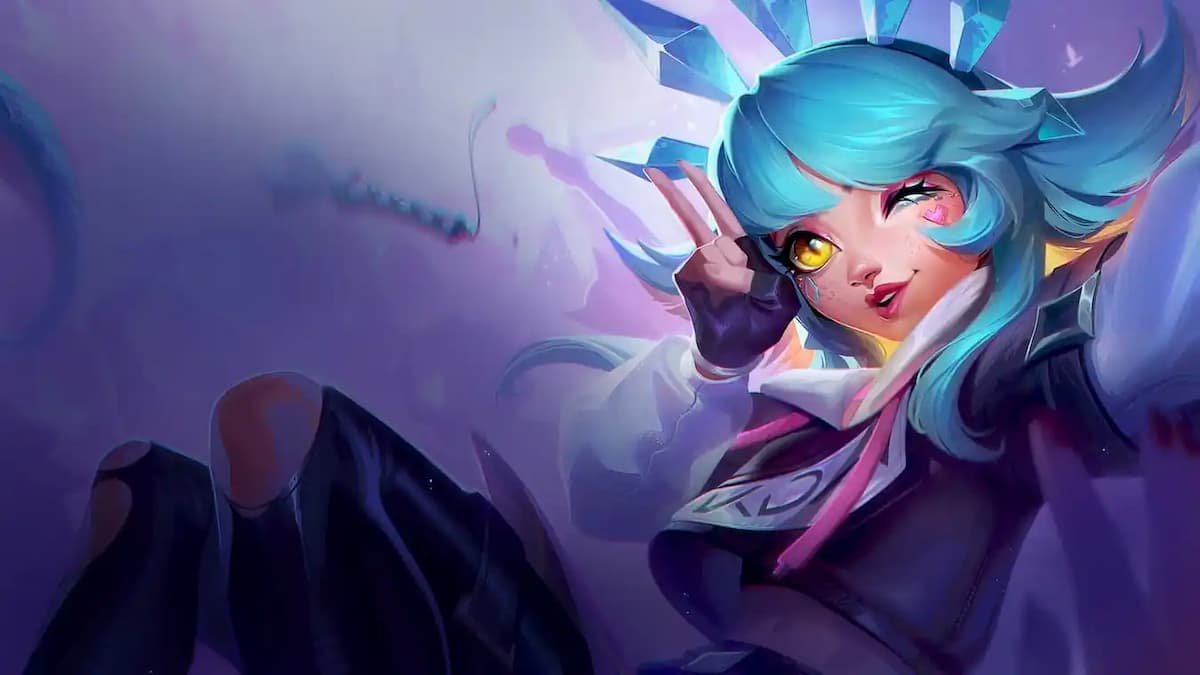
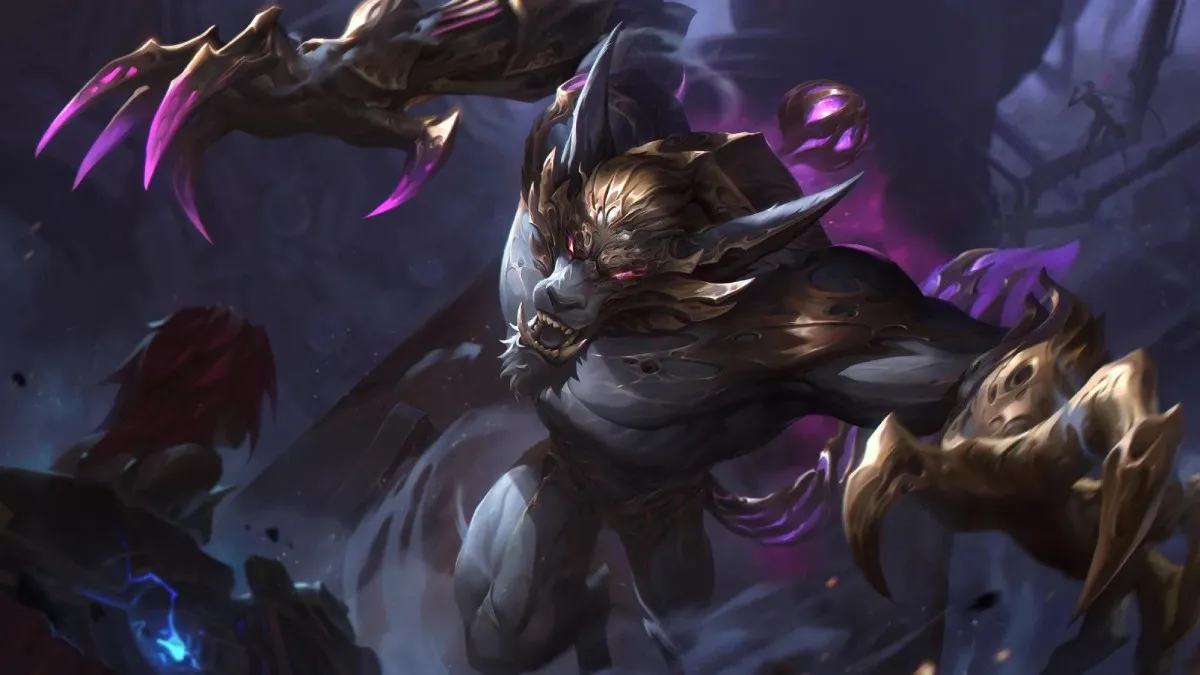
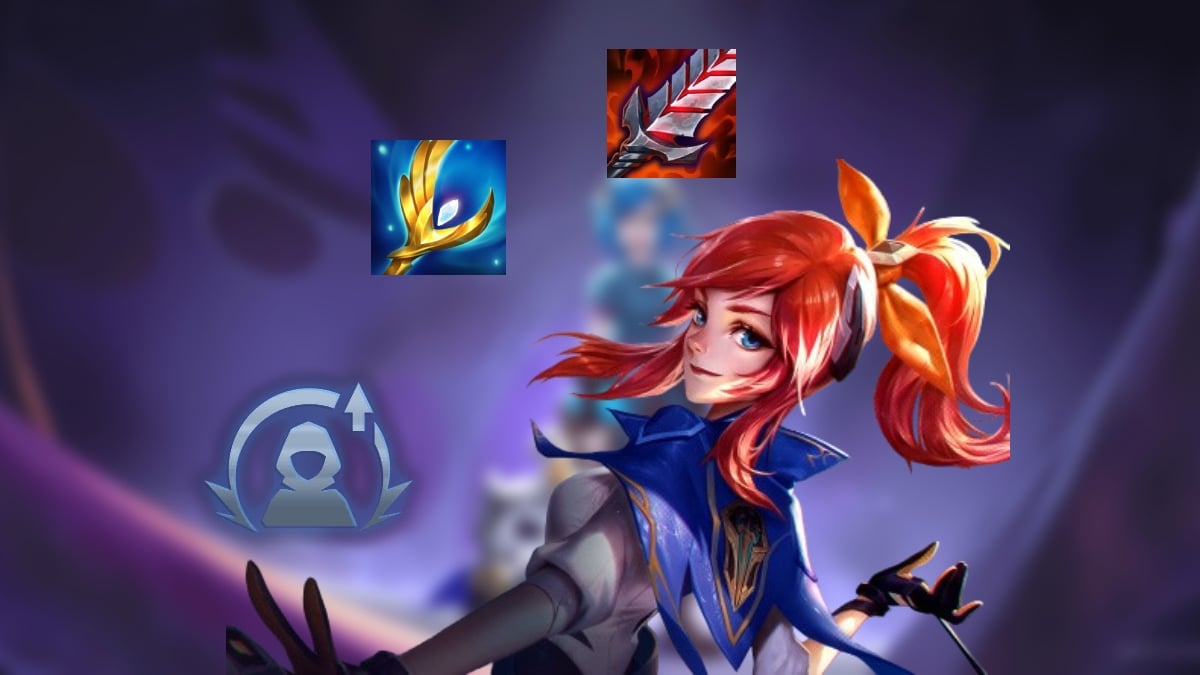
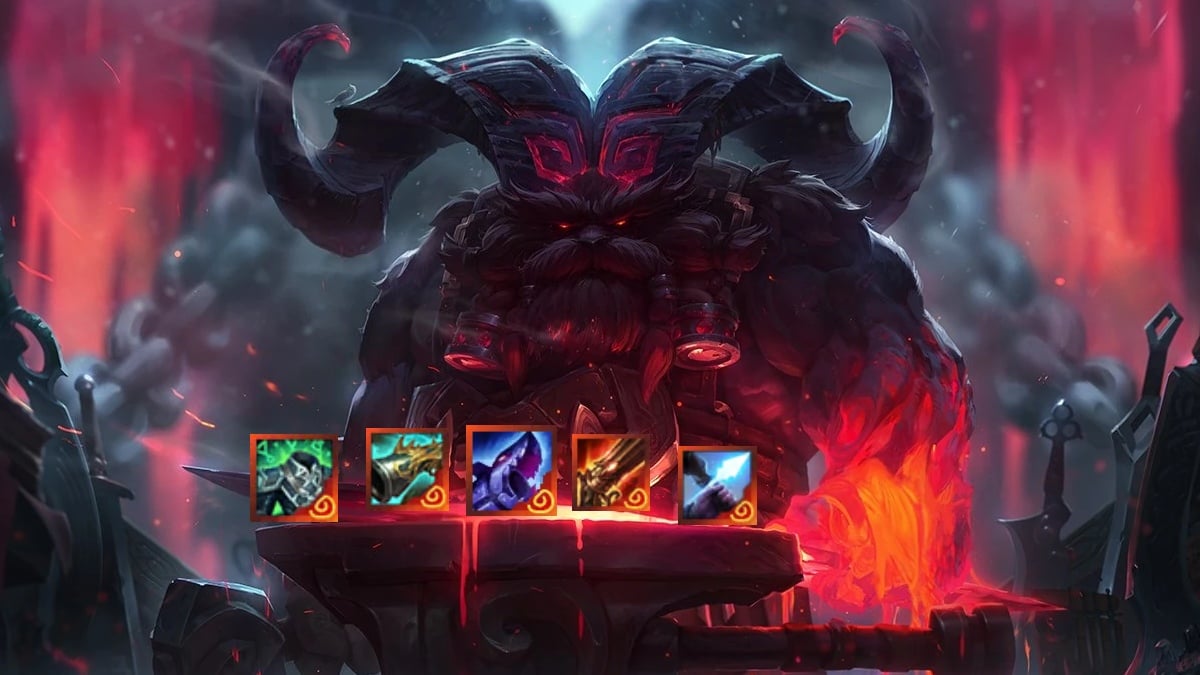

Published: Mar 2, 2024 08:16 pm